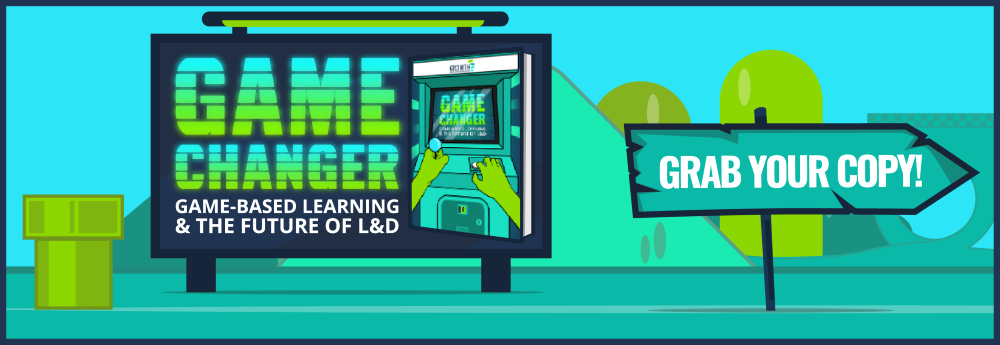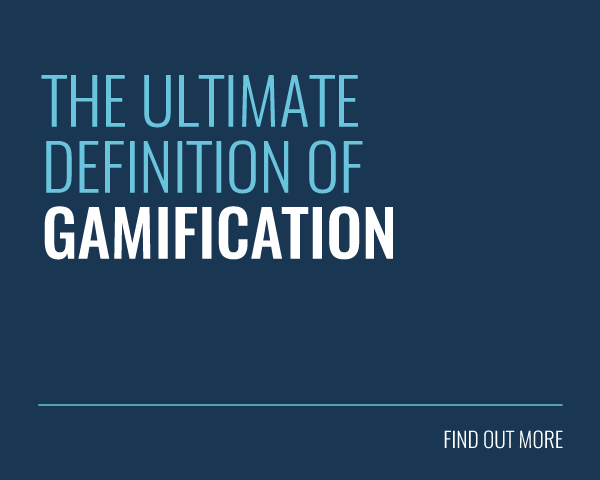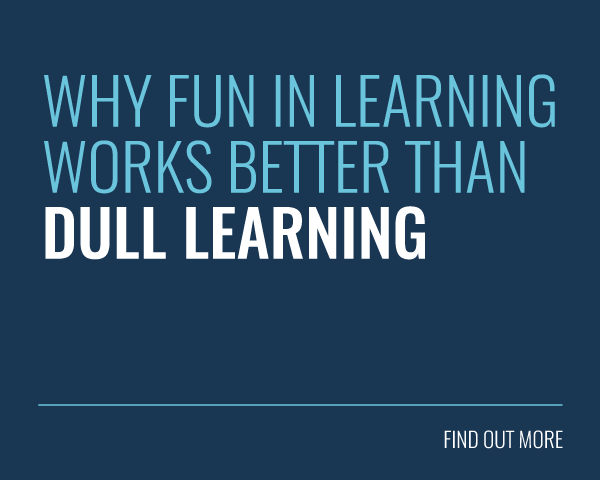 Generation Y is defined as people (AKA millennials) born in the 80s and 90s who are now inheriting the Earth. In fact, it’s thought that by 2020, millennials will represent at least 40% of the total working population. Technology is advancing, society is evolving and a whole new breed of employee is entering the workforce.
Generation Y is defined as people (AKA millennials) born in the 80s and 90s who are now inheriting the Earth. In fact, it’s thought that by 2020, millennials will represent at least 40% of the total working population. Technology is advancing, society is evolving and a whole new breed of employee is entering the workforce.
The conversation around Gen Y can easily lead you to believe that these millennials are invaders from another planet. The truth is that they’re not all that different from any other generation. They’ve just digital natives who’ve had a higher exposure to social media.
Millennials have spent their formative years playing video games and using the internet. Most of them have spent as much time communicating using technology than in person.
Millennials – Early Adopters
The important thing to note is that they’re not doing things differently just to be contrary – they’re just early adopters. The trends set by so-called millennials 3 years ago are now being followed by everyone else. Ignoring them can lead to failure – especially when it comes to learning and development.
The main challenge for L&D professionals is keeping their learners engaged. The first step to meeting the changing demands of the workforce is to understand how they relate to the world.
 Generation Y is More Demanding
Generation Y is More Demanding
Compared to a few decades ago, one of the defining features of today’s workforce is that businesses need employees more than employees need businesses. If a millennial isn’t happy with their job, it won’t cost them a thought to get another one that satisfies them.
Similarly, if your learners don’t get what they want from their training, they’ll switch off instantly and the training will have failed before it’s even been consumed. They want high impact, bite-sized entertainment that allows them to be part of the conversation.
Generation Y is Selfish
Well, that’s probably how the typically cynical Generation X might see it. The fact is that most millennials have grown up in a world that’s prepared to tailor experiences to suit their users. It’s not that long ago that we only had 2 types of biscuit and 3 TV channels to choose from. Now we’re bombarded with choice.
The traditional approach to training employees had all the custom-tailored features of a prison uniform. With the right solution, you can encourage participation within the programme and give the sense that what the learner does within the platform affects their careers.
Generation Y Seeks Challenges
According to research by Ashridge Executive Education, the top priority for Generation Y in their professional lives is a challenging and interesting working environment. Since millennials always have their eyes on the next step in their development, they’ll hungrily seek out every challenge they can find.
Employers, managers and team leaders just need to use different managerial tactics to get the most out of millennials. They are growing up in a world quite different to that of their parents and the generations before them, and so want and expect different things.
Learning Technology to the Rescue!
Gladly, learning technology has evolved to meet their needs. Generating engagement is gradually becoming one of the most desired functionalities of a learning platform. Now, alongside the reporting features and classroom management tools, there are added engagement features like gamification, social functionality and personalisation options. Here’s how you can use them to engage Gen Y with their training:
 1) Challenge Them
1) Challenge Them
The reason that a lot of training initiatives fail is that they don’t engage the learner in a meaningful way. The typical training programme of bygone days consisted of spoon-feeding the same generic eLearning units to everyone, then following up with a few multiple-choice questions.
To feel fulfilled and satisfied, millennials like to feel that they have made an impact and that their work is meaningful. Set Gen Y challenges that are critical to the success of the company, and make sure they know that you believe in their ability. They need to feel that their actions are important and vital to the company; that they have made a difference, and have done something that helps the organisation to thrive.
Using game mechanics within the learning platform has the effect of breaking the programme down into a series of mini-challenges. They can earn badges and points for simply logging in, or their manager can award specific praise badges for going above and beyond.
 2) Give them recognition and feedback
2) Give them recognition and feedback
Gen Y need to know their work means something, so don’t forget to say thank you! Whether it’s verbally, with cash-bonuses or a company-wide party, let them know that their contribution makes a difference. Be specific in your praises; empty words won’t be motivational.
Millennials like recognition and acknowledgement. They’ve grown up with Likes on Facebook, Retweets on Twitter and achievements on their computer games. It’s not much of a leap to use the same awards in a work environment. When they earn a badge in a gamified learning platform, it appears in the news feed. This public recognition serves as a motivational tool and encourages them to keep returning.
The users can also earn points the more they use the platform. In more advanced systems, these points can act as a virtual currency, and users can exchange them for meaningful rewards. Our clients have used the Reward Centre in lots of ways, rewarding their users with gift vouchers, time off work and even charity donations.
 3) Give them freedom
3) Give them freedom
Gen Y craves autonomy and the freedom to explore their own learning path. Millennials tend to believe that so long as they do the job, it doesn’t matter which route they take to get there. A changeable working environment is important to the Gen Y worker and there’s no reason why their training should be any different.
The addition of social functionality has created lots of opportunities for harnessing the power of informal learning. This unscripted, learner-led approach is thought to count for 90% of everything we learn at work. With a social learning platform, you can create discussion groups that give millennials the freedom to choose their own direction. It also gives them a voice and a platform where their real strengths can stand out.
 4) Help them grow
4) Help them grow
The phenomenon of job-hopping is a big concern for companies today and Gen Y employees are the biggest offenders. Because they’re so eager to grow, learn new things and improve their skills, they won’t wait around in a job that doesn’t stimulate them. Oxford Economics has estimated that it costs over £30,000 to replace an employee – which is as good a reason as any to retain all staff, millennials or otherwise.
To counteract high attrition rates, you should create a culture that favours career progression. Following from the previous points, those in Generation Y need to know that they have some control over their future in your company. As training platforms cater more for informal learning, training managers will need to rethink their role.
Instead of being the person who commissions new eLearning units, invites learners and then runs reports, the training manager needs to act more like a learning facilitator. They run the platform, create opportunities for discussion and make sure that there’s always something new and interesting happening.
 5) Strike the right balance between work and enjoyment
5) Strike the right balance between work and enjoyment
For Gen Y, the boundaries between work life and personal life are more fluid. Because of the always on culture, they may be answering their work emails at the dinner table, or catching up on their favourite TV show during their lunch hour.
In this way, if they’re not enjoying their work, it’ll impact their entire outlook. Since millennials place a greater importance on enjoying their work, they’ll easily make this link and they might just get another job for the sake of their happiness.
Team-building activities and out-of-hours social events can help your employees bond. This in turn leads to better communication and a better atmosphere. As a training manager, you can use social functionality on the learning platform to create an online learning community. This doesn’t just make the training programme more effective – it can also have a direct impact on the entire culture of the organisation.
Cultural change, reduced attrition and career development can only be achieved if the learners are engaged. Whether they’re Gen X, Y or Z, they can only get something out of the platform if they access it. Therefore, engagement should be your priority in every learning initiative.
Give your training approach an engagement audit by downloading your free Engagement Engine Workbook. Just click the button to get started!






